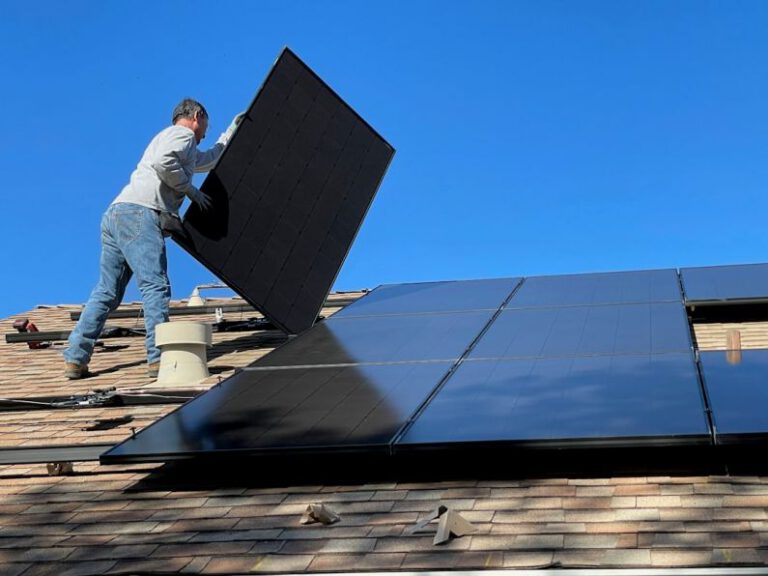Is Switching to Led Lighting Worth It?
In a world where energy efficiency and sustainability are becoming increasingly important, the choice of lighting in our homes and businesses plays a significant role. LED lighting has been gaining popularity as a more environmentally friendly and cost-effective option compared to traditional incandescent and fluorescent bulbs. But is switching to LED lighting worth it? Let’s delve into the benefits and considerations to help you make an informed decision.
Understanding LED Lighting
Light Emitting Diode (LED) lighting is a type of lighting that uses a semiconductor to convert electricity into light. Unlike traditional bulbs that rely on heating a filament or gas to produce light, LEDs are more energy-efficient as they produce light through a process called electroluminescence. This means that they emit light without producing a lot of heat, making them cool to the touch and safer to use.
Energy Efficiency and Cost Savings
One of the primary reasons why switching to LED lighting is worth it is its energy efficiency. LED bulbs consume significantly less energy than incandescent and fluorescent bulbs, resulting in lower electricity bills. On average, LED bulbs use 75% less energy than incandescent bulbs and last up to 25 times longer. While the initial cost of LED bulbs may be higher, the long-term savings in energy costs and replacement bulbs make them a cost-effective choice.
Longevity and Durability
LED bulbs have an impressive lifespan, with some models lasting up to 50,000 hours or more. This longevity not only reduces the frequency of bulb replacements but also decreases maintenance costs. Additionally, LED bulbs are durable and resistant to shock, vibrations, and temperature fluctuations, making them ideal for various indoor and outdoor applications.
Environmental Impact
Another compelling reason to switch to LED lighting is its positive impact on the environment. LED bulbs are free from toxic materials such as mercury, unlike fluorescent bulbs, making them safer to dispose of and reducing environmental harm. Additionally, the energy efficiency of LEDs results in lower greenhouse gas emissions, contributing to a greener and more sustainable future.
Quality of Light
LED lighting offers superior quality of light compared to traditional bulbs. LEDs produce bright, directional light that is more focused and uniform, creating a well-lit environment with reduced glare and shadows. Furthermore, LED bulbs are available in a variety of color temperatures, allowing you to customize the ambiance of your space to suit your preferences.
Adaptability and Control
LED lighting technology offers versatility in terms of design and control options. With dimmable LED bulbs, you can adjust the brightness of your lighting to create different moods and save energy. Smart LED lighting systems allow you to remotely control your lights, set schedules, and integrate with other smart home devices for added convenience.
Considerations Before Switching to LED Lighting
While the benefits of LED lighting are compelling, there are some factors to consider before making the switch. Compatibility with existing fixtures, upfront costs, and color consistency across multiple bulbs are important considerations to ensure a smooth transition to LED lighting. Additionally, it is essential to research reputable brands and ensure that the LED bulbs you choose meet your specific lighting needs.
Is Switching to LED Lighting Worth It?
In conclusion, the decision to switch to LED lighting is undoubtedly worth it for the long-term benefits it offers in terms of energy efficiency, cost savings, durability, environmental impact, quality of light, and adaptability. While there may be initial investment costs and considerations to address, the advantages of LED lighting far outweigh the drawbacks. By making the switch to LED lighting, you not only enhance the aesthetics and functionality of your space but also contribute to a more sustainable future. Make the smart choice and illuminate your world with LED lighting today.






